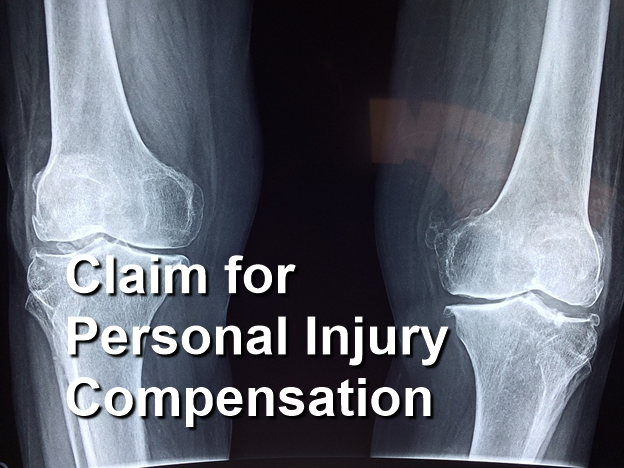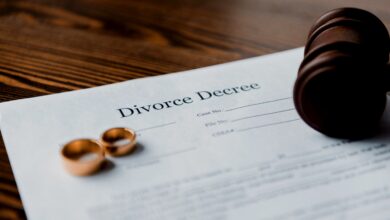Can I Claim for Personal Injury Compensation?

Anyone who suffers injuries due to another person’s negligence can file a claim for personal injury compensation. However, several factors need to be considered to determine if the case qualifies as a personal injury case. If the plaintiff is successful, they can be entitled to economic and noneconomic compensation. Keep reading to learn more.
Read More: 3 Tips To Help You Win A Child Custody Claim
What is a Personal Injury Claim?
A personal injury claim can be filed by someone who incurred injuries due to someone else’s negligent actions. These claims are filed by accident victims to get monetary compensation for their damages.
Personal injury claims are typically filed with the insurance company of the defendant. However, if the defendant cannot be located or does not carry insurance coverage, the victim can file a personal injury claim with their personal insurance company to recover damages.
Once a claim is started, the insurance company can negotiate a settlement with the defendant. These claims can be settled out of court, but the victim can take the case to court if the settlement talks are unsuccessful.
Establishing Liability
Personal injury claims can get complicated when it comes to establishing liability because the victims carry the burden of proving why the other party should pay for their damages. It must be proven that the other party had a legal duty to provide the victim with reasonable care, and they failed to fulfill that duty. As a result of that duty being breached, the victim sustained injuries and financial loss.
In a personal injury claim, the claimant can use evidence to prove that the other party was negligent. The evidence can include footage of the scene of the accident, records of medical expenses, medical reports, eyewitness statements, and more.
Read More: What is included in a personal injury claim?
Recoverable Damages
You can recover compensation for the different types of economic and noneconomic losses, including the following:
- Loss of income
- Medical expenses
- Loss of future earning potential
- Emotional distress
- Loss of enjoyment of life
Determining Personal Injury Amount
There can be several factors that affect the amount of compensation you can recover. One critical factor of the personal injury settlement amount is the severity and extent of your injuries. It is not surprising that victims who only suffer minor injuries from the accident would be eligible for less compensation than others who sustain permanent or debilitating injuries.
There should be medical evidence to verify that the injuries you sustained were a direct result of the other party’s negligence. The absence of necessary medical evidence could impact the outcome of your personal injury claim.
In addition, documentation verifying your financial losses after the incident can be vital for obtaining a maximum personal injury settlement. Keep track of your economic damages, including lost wages, medical bills, and other expenses. Submitting police reports, witness statements, or other forms of evidence can increase your chances of a higher settlement.
Other factors affecting your personal injury settlement amount include the time it takes to recover from your injuries and the emotional trauma following the accident.
Hiring a Fort Lauderdale personal injury attorney can be beneficial to your personal injury case. Not only can they guide you on the best court of legal action, but they can also help you avoid common pitfalls when dealing with insurance companies.











